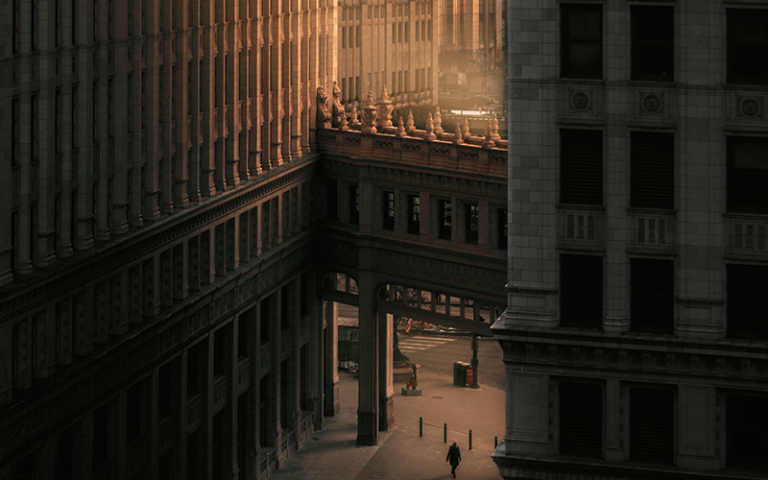What will the heritage of Covid-19 be?
11 May 2020
To create a richer future, we must look to our past, writes Prof Richard Sanford, Professor of Heritage Evidence, Foresight and Policy, for Apolitical.

Around the world, societies have had to pause in the face of the pandemic, and are now imagining what sort of future they want when the world restarts. But these futures will be richer if they consider our heritage — not simply our collective past experience with disruption and change, but the values of care and stewardship that underpin heritage work.
Our current moment has been readily characterised as “unprecedented” in public commentary and private emails. Certainly, there are aspects of this emergency that have never been seen at this scale before. But there are moments in our history that echo some aspects of the dislocation and rupture produced by the coronavirus. The lessons of the 1918 influenza pandemic are being pored over today, but many other events have produced comparable ruptures, such as the Partition of India in 1947 or the end of apartheid in South Africa.
It's important to notice the role of these events in contributing to the heritage of different communities. Memories of upheaval and loss, changing social practices, the hopes and fears that accompany the end of one way of life and the beginning of another — these all find expression in the cultural heritage produced by those living through them and those still coming to terms with their impact.
This heritage is a record of the impacts of these events on the people living through them, and a source of hope and identity to be drawn on in building new ways of life. It is part of the legacy of these disruptive events.
Read the full article on Apolitical
Prof Richard Sandford leads the Heritage Evidence, Foresight and Policy MSc – find out more about the programme.
(Picture credit: Unsplash)
 Close
Close

